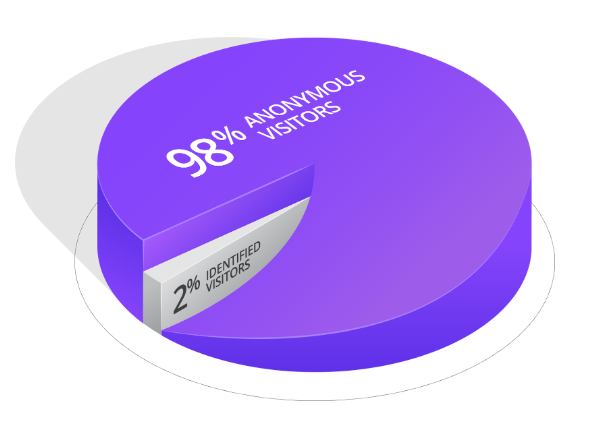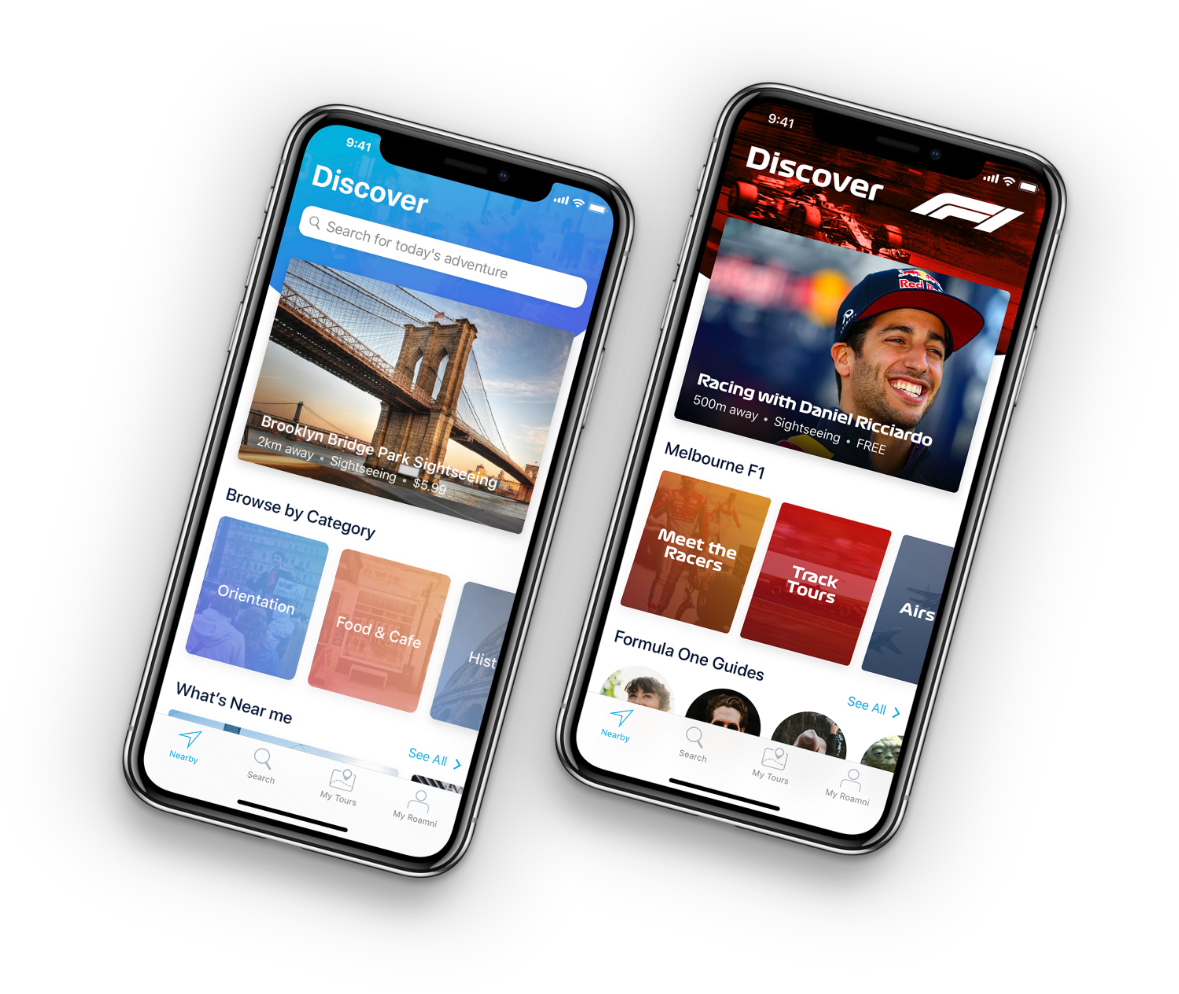Web App vs Website: Which One Do You Need?

In today’s digital-first market, having a strong online presence is key to driving brand awareness, generating revenue, and achieving other business goals.
But what’s the best way to establish and boost this presence?
Should you opt for a website or a web application?
As with any business decision, the ideal approach is to equip yourself with enough information.
In this blog post, I’ll dive into the key differences between websites and web apps to help you figure out which one will work best for your needs and goals.
Let’s get started!
What is a web app?
A web app is an online application that can be accessed through a web browser. It’s similar to desktop software installed on your computer, but with web apps, you don’t need to download anything as they’re accessible from any device or web browser.
What is a website?
A website is a collection of digital content typically associated with a specific domain name and accessible via the internet. It can range from a single-page website to one that includes more than 1,000 pages.
Now that we’ve defined a website and a web application, let’s dive into the main things that set each other apart.
Web App vs Website: 5 Key Differences You Should Know
| Platform | Web App | Website |
|---|---|---|
| Purpose | Varies | Mostly informational |
| Components | Interactive features | Static or dynamic visual and text content |
| Accessibility | Often requires authentication | Often allows unregistered users |
| Development | Complex | Simpler |
| Costs | Varies (but generally higher than websites) | Varies (but generally lower than web apps) |
#1 Purpose
Developing web apps and websites have different objectives and outcomes.
Before making a decision, take some time to evaluate your needs and consider which option best suits your business goals.
Web apps are often used to complete a wide range of purposes. As an online tool, a web app is extremely customizable.
From shopping and entertainment to dating and social networking, the list of what users can accomplish through a web application is virtually endless.
On the other hand, websites are used primarily as digital billboards to display information and drive awareness about a business, product, or service.
Nowadays, a website is one of the consumers’ most fundamental tools to find information and connect with businesses.
In saying that…
![]()
Here’s an interesting idea:
Why not have the best of both worlds?
A website can be a great way to market your product if you’re a web, iOS, or Android app publisher.
Many web and mobile applications have separate websites that display information about apps. After all, an app is a product and, thus, needs to be marketed.
A website can generate interest and demand for your product even before launch. It’s also a great way to drive continuous user engagement and retention after launch.
Want more powerful app marketing tips? Check out an insightful article written by one of our founders on pre- and post-launch app marketing.
#2 Components
One key factor that sets web applications and websites apart is the interactivity involved in the experience.
Websites usually consist of a static homepage and other pages. Each web page can have different visual and text content and functions depending on your needs. Developers also use page order WordPress to easily manage and organize the order of these pages within their websites.
Meanwhile, web applications feature interactive elements that allow users to perform specific tasks. As such, web apps generally involve more complex interfaces, structures, and data storage functions than websites.
Although some web app features may be available to websites, such as an online store, they are often limited and less interactive than the former.
So, when deciding whether you need a website or a web app for your business, you must first establish what kind of interaction you want with your users.
Do you want them to simply consume content, or do you want them to interact with it?
If it’s the former, then a website will suffice.
But if you want your users to engage with your product or service actively, then a web app is likely what you need.
#3 Accessibility
Web apps and websites share numerous similarities in terms of accessibility.
Both require an internet connection and a web browser to access. They also don’t need to be downloaded or installed on a device.
The key difference in the accessibility of the two is authentication.
Most web applications require user authentication to keep the platforms as secure as possible.
For most informational websites, authentication is optional. In fact, one study found that 98% of an average site’s traffic comprises unregistered website visitors.

Source: Lift AI
#4 Development
While both website and web application development require programming skills, their processes differ vastly.
The former leans towards delivering a larger volume of static content, such as web pages, while the latter involves creating pages with interactive elements to handle a range of tasks.
Consequently, web app development is often more complex and requires additional tools and technologies that might not be necessary for website development.
Web app developers also require extensive expertise. They must understand web standards, scripting, and advanced programming and coding languages, such as HTML, JavaScript, CSS, and XML.
In contrast, website developers must understand web design and development software and publishing tools. In addition, they must be familiar with web-building programming languages like HTML and JavaScript.
#5 Cost
The costs of developing websites and web applications vary depending on several factors, including the size of the project and the complexity of the features you desire.
However, since web apps often have more intricate and dynamic features than static websites, they tend to have a higher price tag. Our comprehensive guide on app development costs can help you gain more insights into this matter.
Web applications generally take longer to develop, too.
A fully developed web app packed with high-level functionalities and an advanced user interface can take more than 9 months to complete.
The good news is that your web app doesn’t necessarily have to be jam-packed with all the high-end features to drive a significant impact.
In our experience, the simpler the app interface, the better the user experience.
This is why we always highlight the importance of starting lean with a minimum viable product (MVP) at Appetiser.
Focus on having just enough features on your app. This will allow you to release and test it in the real world — in the fastest and most cost-effective way possible.
While the initial launch of an MVP won’t be perfect, it can empower you with the right data to make meaningful changes. Many of the world’s MVP examples successfully used data this way.
Dimers is one such example. The award-winning sports predictions web app that saw rapid success through our data-led design and development approach.

In 3 short months, we were able to launch Dimers, allowing it to achieve over 1 million page views and gain 140,000 users in 30 days!
Want to know how we did it? Check out the Dimers case study.
It all boils down to your goals
Now that you know the key distinctions between a website and a web app, I hope you can decide which is right for your project.
If you’re still unsure which one you need, sit down and think about what your goal is and who your users are.
And if you figure you want an interactive platform that can engage your customers more meaningfully, hit us up!
We’ll help you have a beautifully designed web app your users would love to use.

Jane Eslabra has 14+ years of experience producing content across traditional and digital platforms. She channels her strong passion for fostering tech startup growth through knowledge sharing.


